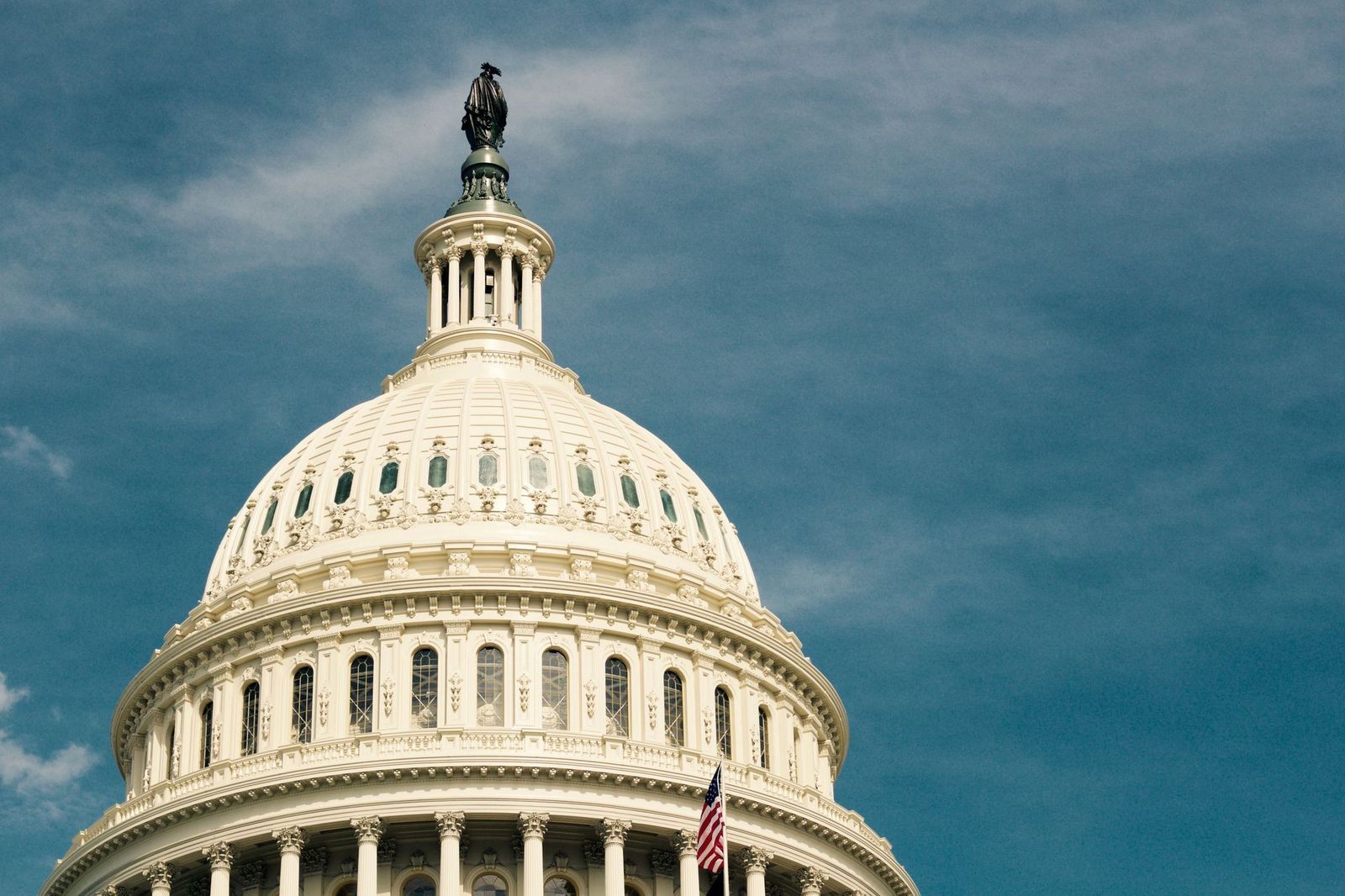FOSI’s Views on the Kids Online Safety Act and CAMRA

The Kids Online Safety Act (KOSA), if enacted, would be the first online safety law at the federal level. While there are some positive aspects of the bill, we are concerned that if it proceeds in its current form, it would result in additional challenges and unforeseen consequences. We welcome Congress’ attention in this space, however, FOSI urges additional clarity around key aspects of the bill.
One section in KOSA directs the National Institute of Standards and Technology to study age verification for online platforms. Age assurance was the subject of our recent research, demonstrating the nuance and complexities of this broad challenge. We welcome and encourage a federally-directed study into these processes that can drastically enhance the safety of kids’ online experiences. Another section of the bill would establish the Kids Online Safety Council, involving experts in child development, parents, youth, industry, and regulators in the creation of guidance for compliance with and enforcement of the law. For years, we have called for the creation of a Chief Online Safety Officer of the United States to coordinate national online safety efforts. We continue to recommend this, and strongly support the creation and responsibilities of this Council.
Other sections of KOSA present potential benefits, but still need clarity and specificity to avoid unintended consequences. The bill would establish a ‘duty of care’ for platforms to act in the best interest of a child. The definition of this duty of care is currently very broad and not clear enough for consistent industry compliance, nor consistent enforcement. Without definitive parameters, there would be wide variability in how state Attorneys General could interpret the duty nationwide. KOSA also requires transparency reporting and that independent auditors and researchers have full access to the platforms. Transparency and data sharing are positive requirements at the outset, but also raise serious questions about the transfer of potentially sensitive data. This is especially concerning when there is a lack of certainty about who these auditors and researchers are and what privacy-preserving obligations they have.
Underscoring all of this is the lack of a national data privacy law in the US. Other countries around the world are passing online safety laws and regulations, but they are built on existing privacy laws that have established enforcement procedures and protocols that govern the processing and transferring of personal data. If KOSA was built on top of a national data privacy law, many of these concerns around enforcement, transparency, and access requirements would be resolved.
Perhaps the most significant issue with KOSA is its requirement for parental controls. These tools are a key part of online safety and FOSI has both research and guidance for families around how to best use such safety features. However, as currently written, the use of parental controls required by KOSA could easily become surveillance controls, by which parents would be able to see everything that their child or teen does online. It is important for older teens to have a certain amount of independence and autonomy as they develop, including the ability to access vital information on sexuality, personal health decisions, religion, etc. An even more urgent risk is that a child or minor would be unable to privately and anonymously report domestic abuse in their household. These types of worst-case scenarios are why this section of the bill must be revised to avoid parental controls becoming tools of surveillance instead of safety.
FOSI has engaged with lawmakers and made our views on KOSA clear. We hope for amendments that provide additional clarity, allow for more consistent compliance and enforcement, and ultimately create a thoughtful and effective bill that protects the online safety of kids and teens.
In the meantime, Congress should capitalize on the interest in kids’ online safety and pass the Children and Media Research Advancement Act (CAMRA). CAMRA would direct the National Institutes of Health to conduct a longitudinal study to research the effects of digital media on the emotional and physical health, as well as development, of infants, children, and teens. The time to pass CAMRA is now, so that the details of future online safety bills can be grounded in robust research. The House passed a version of CAMRA in its larger mental health bill, and we call on the Senate to do the same so that President Biden can sign CAMRA into law before the end of the year, ensuring online safety legislation and policy will be evidence-based for years to come.
 Family Online Safety Institute
Family Online Safety Institute